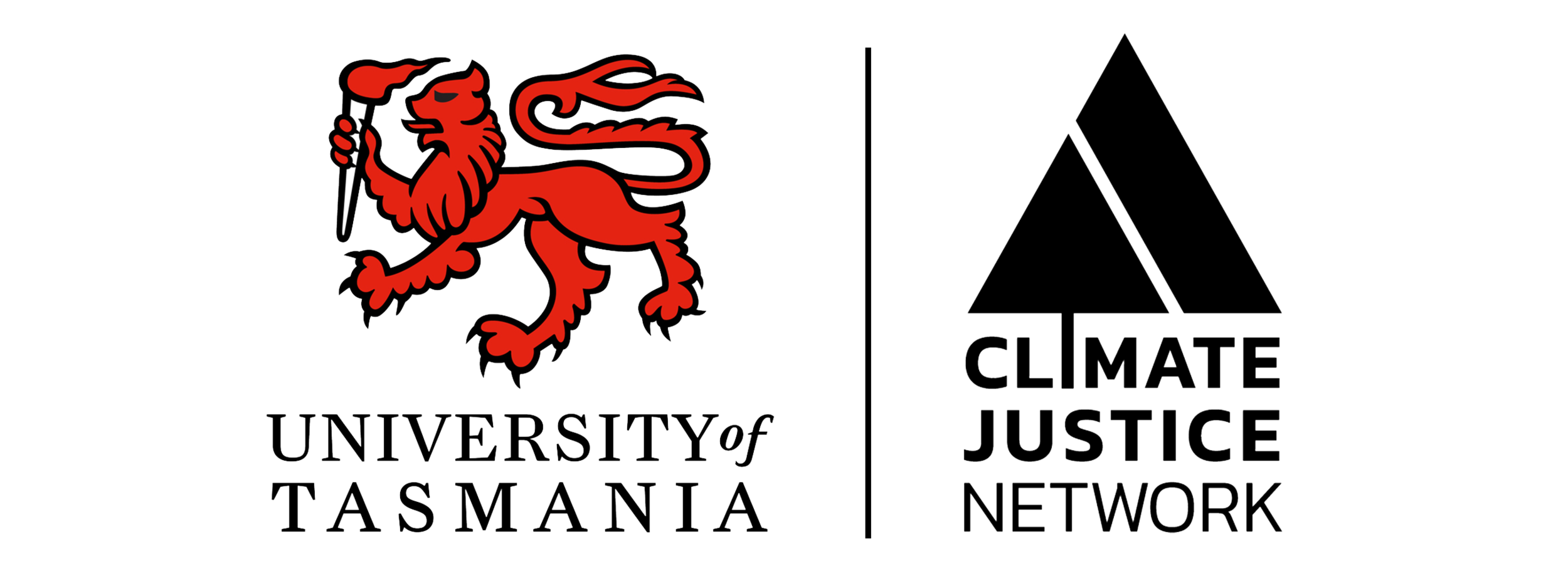Jonathan Pickering, University of Canberra
Jonathan Pickering (University of Canberra) explored Supporting A Just Transition: National Responsibilities for the Cross-Border Impacts of Climate Change Policies. One contentious issue in climate negotiation is the impacts of the implementation of response measures. Recently, this issue has broadened to cover the just transition of the work force away from fossil fuel industries that have transnational impacts (i.e. where a country’s actions have impacts beyond its borders). There are arguments both for and against countries providing assistance to other countries for the transnational impacts they have caused. There are arguments against providing assistance, including that 1) in the global economy there is no general obligation to compensate for economic impacts; 2) the losses are too hard to quantify; and 3) affected countries have means to cope. However, there are countervailing reasons, such including 1) the extension of the principle of common but differentiated responsibilities; 2) that some losses are quantifiable; and 3) not all affected countries are able to cope.
If there is a rational for providing assistance in some cases, the principles to do so should develop from common but differentiated responsibilities. This would meant that the countries that are least responsible and least capable in coping should receive assistance, while countries with greater responsibilities and greater capabilities should provide assistance. Assistance should be delivered by estimating the net adverse effects on the least responsible/capable countries, building effort-sharing arrangements among the most responsible/capable, and delivering assistance through existing/new social protection mechanism. In summary, response measures should not derail other efforts to tackle climate change. However, it is critical that climate policies do not push vulnerable communities further into poverty. A collaborative effort is required.
This talk was held at:
Imagining a Different Future
Climate Justice Conference
The University of Tasmania with the support of the University of Utrecht Ethics Institute hosted a multidisciplinary conference examining the barriers to responding to climate change, implementing climate justice, and proposing ways forward. Among the keynote speakers were Law Faculty Professors Jan McDonald and Ben Richardson. The Law Faculty's Dr Peter Lawrence co-convened the conference with Jan Linehan. The conference took place in Hobart from 8-9 Feb 2018.
Despite the Paris Agreement, there are real concerns the prevailing neoliberal economic and political model, particularly with the move to more insular, nationalistic, fragile politics, cannot respond effectively to climate change and excludes key considerations such as ethics and justice. Videos and Podcasts from the conference are available on the Knowledge Hub.
